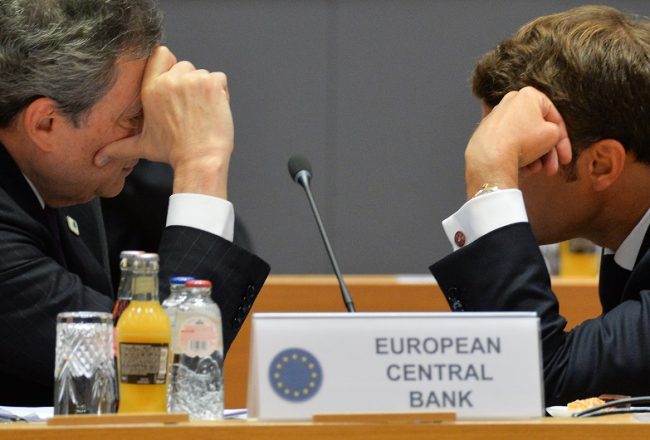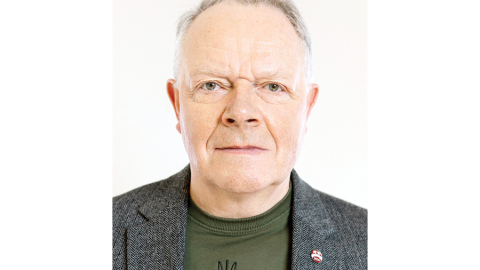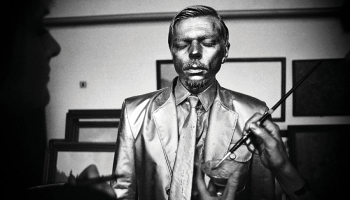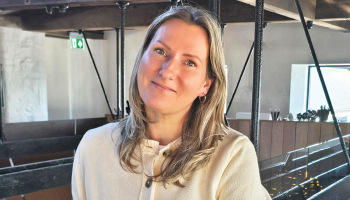
Eiropas Centrālās bankas prezidents Mario Dragi (no kreisās) sarunā ar Francijas prezidentu Emanuelu Makronu. Foto: Sputnik/Scanpix
There is currently much discussion and speculation about who will get the EU’s top jobs, such as President of the EU Commission (currently Jean-Claude Juncker), President of the European Council (currently Donald Tusk) and President of the European Parliament (currently Antonio Tajani).
And up for change is also the President of the European Central Bank since Mario Draghi’s term ends on 31 October and cannot be renewed. 8 years and then it is out. Who will succeed him? Bloomberg has a nice infographics on this topic and puts Francois de Villeroy Galhau of France in the lead, closely followed by Erkki Liikanen of Finland.
So, if one can speculate about the new Commission President or the new ECB chief, why not go a step further?
Two other positions at the ECB’s Executive Board are also soon up for grabs – Benoît Cœuré (France) sees his term end 31 December 2019 and for Yves Mersch (Luxembourg) it is 14 December 2020. Might it be that a person from Eastern Europe will get one of these positions, which would be a first?














